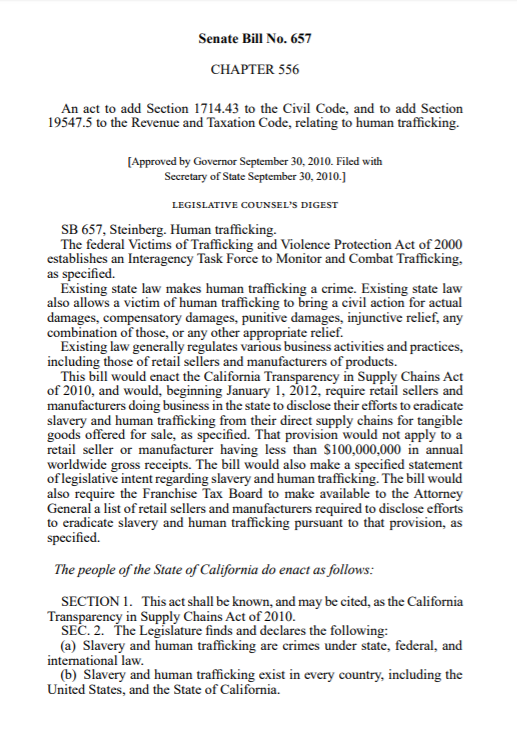The Impact of Covid-19 on Modern Slavery and Child labour: How can lawyers make a difference? – International Bar Association
COVID-19 resourcesLegislationWebinarsAccording to the 2017 Global Estimates of Modern Slavery published by Alliance 8.7, 40.3 million people were estimated to be victim of modern slavery in 2016. Modern slavery is not defined in law and it is used as an umbrella term to refer to ‘sit...Read More

